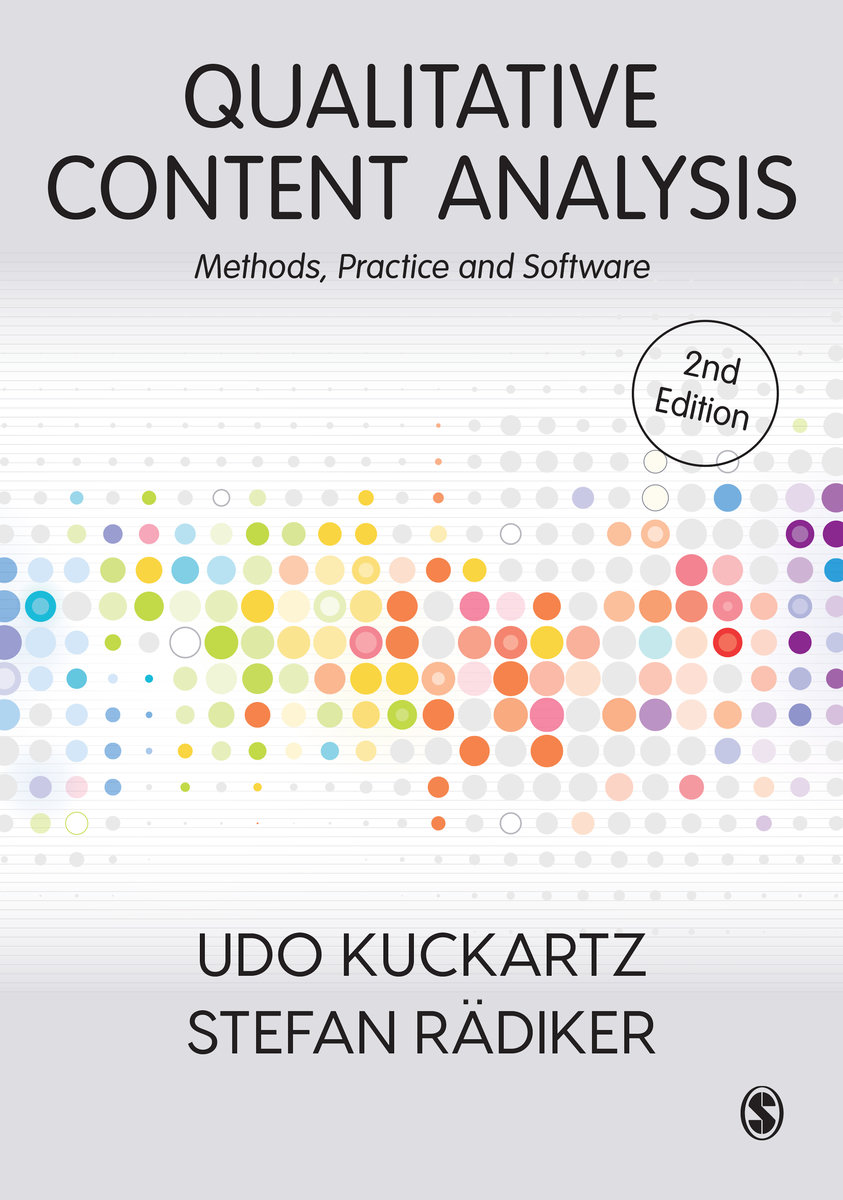Are you working with qualitative data but unsure how to approach your analysis?
This hands-on guide to qualitative content analysis from two internationally renowned experts provides you with a clear strategy for analysing your data, whether you are working with social media content, field notes, images, narratives or focus group data. Using qualitative interviews as an example, the book provides a clear structure for approaching your analysis that can be adapted for your research project.
Explaining how qualitative content analysis differs from quantitative methods, the book provides you with:
-a solid understanding of the principles behind QCA
-a step-by-step guide to three types of QCA
-guidance on how you can use software to enhance your analysis.


